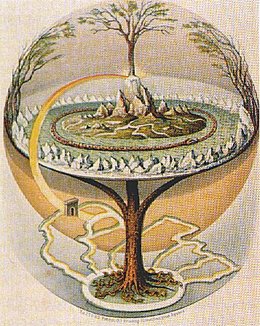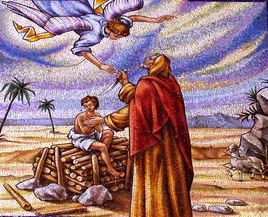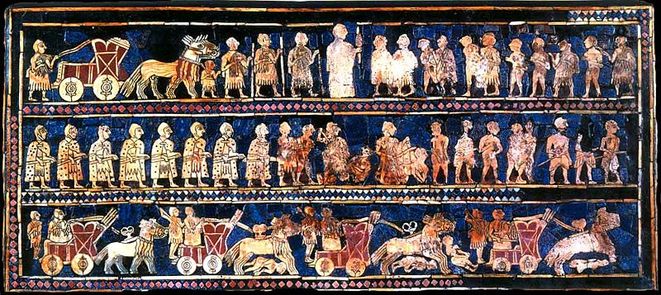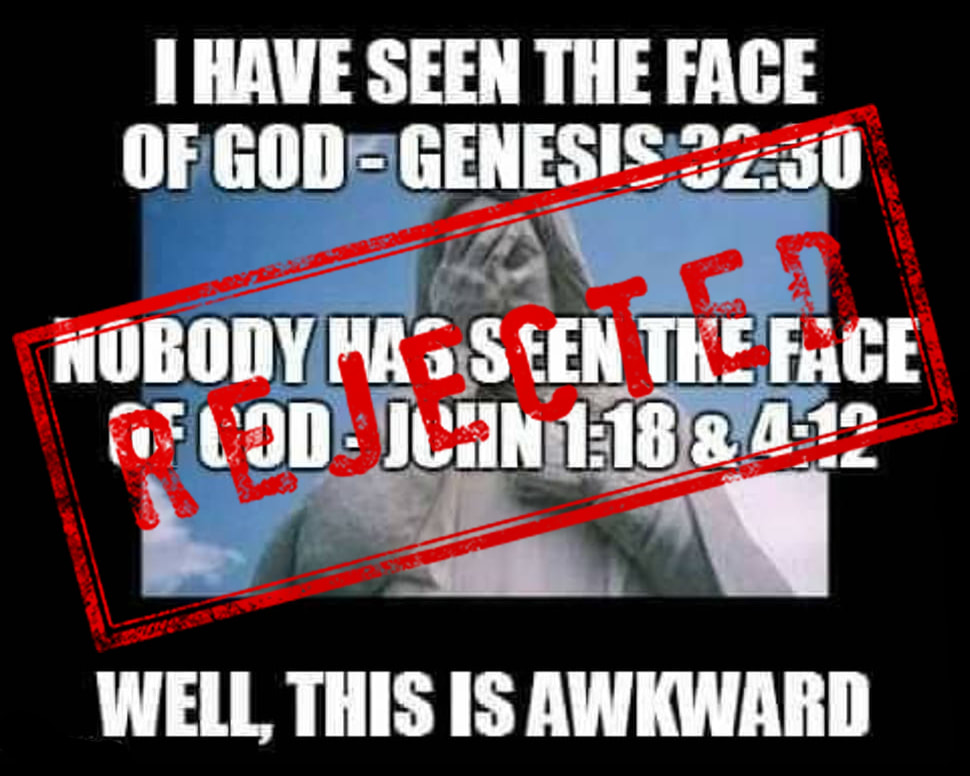|
This is one of the weakest contradiction claims that I've seen, but it seems to be one that trips up a lot of young Christians. Those responding to this claim often get off into the weeds of discussing the Trinity which is a fine topic of conversation, but it's a bit too complex to adequately discuss in a social media feed. Here is a much simpler but still effective response that we can give to the claim that Genesis 32:30 contradicts John 1:18.
2 Comments
Around this time of year, a lot of Christians try to explain the genealogies in Matthew and Luke by saying that Matthew gives Joseph's genealogy while Luke gives Mary's genealogy. While this is technically true, I think that it causes more confusion than necessary. The proper way to view the two genealogies is not as those of Joseph and Mary but rather as the genealogies of Joseph and Jesus.
Nearly 3,500 years ago, the nation of Israel faced a pandemic so deadly that it killed 23,000 men in a single day. That was 4% of the total population of Israel. All of those who contracted this disease did so by committing a capital crime, and the initial defeat of the disease was accomplished by sentencing all of the survivors to death. But that's not the end of the story.
I have many Catholic friends, and from time to time, one of them will attempt to persuade me that the books of the Apocrypha are just as much Scripture as the Old and New Testaments. After studying the Apocrypha itself, I've developed the response of pointing out that even according to the Catholic church's own criteria, the Apocrypha does not make the cut.
I have heard many people (both Christian and non-Christian alike) say that Jesus contradicted the Law of Moses when He instructed His followers not to seek an eye for an eye or a tooth for a tooth. However, a comparison of Christ's instruction in Matthew with the teachings of the Old Testament will reveal that He was only correcting a misunderstanding about the Law and not contradicting the Law itself.
 Yesterday, a facebook acquaintance asked me for help understanding a common misconception about the Bible. He said that one of his friends wanted to know how anyone could believe the Bible when it contains such outrageous claims like the claim that the earth is resting on pillars instead of being a globe suspended in space. Here is the answer that I gave: The Bible does not say that the earth rests on pillars. There are only three verses which speak of the pillars of the earth, and all three are using figurative language to refer to leaders among men. This is the same figure of speech that Paul used in Galatians 2:9 where he spoke of Peter, James and John being pillars in the church.  I recently spent several days engaged in a facebook debate with a Catholic, and in the process, I was challenged to re-think my view of the relationship between faith and works in James chapter two. Catholic theologians claim that James 2 teaches the necessity of adding good works to our faith in order to obtain final salvation. The typical response to this claim is to argue that James is only speaking of good works as an evidence of our salvation and not as the means of our salvation. The greatest challenge to this argument is found in the use of the word “justified” in verses 21 and 24. Here is my solution to this challenge:  The idea that the lost will suffer eternal punishment has often been questioned by Christians who doubt that a God of mercy would condone such cruelty. Instead, they often come up with other ideas about the punishment of the lost such as the idea that they will simply be annihilated or that they will only suffer for a period of time before being given another opportunity to turn to God. There are several logical problems with attempting to reconcile either of these views to the accounts of Scripture, but in order to see that, we must actually know what the Scripture says about the punishment of the lost. Unfortunately, I have discovered that very few Christians have ever actually studied this aspect of God’s Word.  The Standard of Ur The Standard of Ur According to Genesis 11, Abraham was born approximately 250 years after the flood. However, the accounts which are recorded in chapters 10 through 25 of the book of Genesis seem to describe a region that is heavily populated. There are dozens of cities or nations mentioned by name in these accounts, and many of them are described as having their own cultures, governments and infrastructures. I have had several skeptics point out to me that it is not possible for a population to increase from just 8 individuals to a size large enough to support so many separate cultures. In fact, at the current average growth rate of 1.14%, there would only have been 136 people on earth at the time that Abraham was born. That’s certainly not enough to account for all the cities mentioned in these chapters of Genesis, and this is often cited as evidence against the biblical account. The solution to this contradiction involves two simple observations of the record given in the book of Genesis. First, the generations close to the flood had longer lifespans than we do today. And second, these generations had higher birth rates than we do today. When we combine these two observations, we can easily see the possibility that the population at the time of Abraham would be significantly higher than just 136 individuals, but the Bible actually gives us enough information to make some very reasonable estimates of just how much larger.  One of the questions that skeptics often ask about the Gospel is “Where are all the prophecies about the Messiah rising from the dead?” This question comes from I Corinthians 15:3-4 where we read: For I delivered unto you first of all that which I also received, how that Christ died for our sins according to the scriptures; And that he was buried, and that he rose again the third day according to the scriptures: |
Bill Fortenberry is a Christian philosopher and historian in Birmingham, AL. Bill's work has been cited in several legal journals, and he has appeared as a guest on shows including The Dr. Gina Show, The Michael Hart Show, and Real Science Radio.
Contact Us if you would like to schedule Bill to speak to your church, group, or club. "Give instruction to a wise man, and he will be yet wiser: teach a just man, and he will increase in learning." (Proverbs 9:9)
Search
Topics
All
Archives
June 2024
|







 RSS Feed
RSS Feed